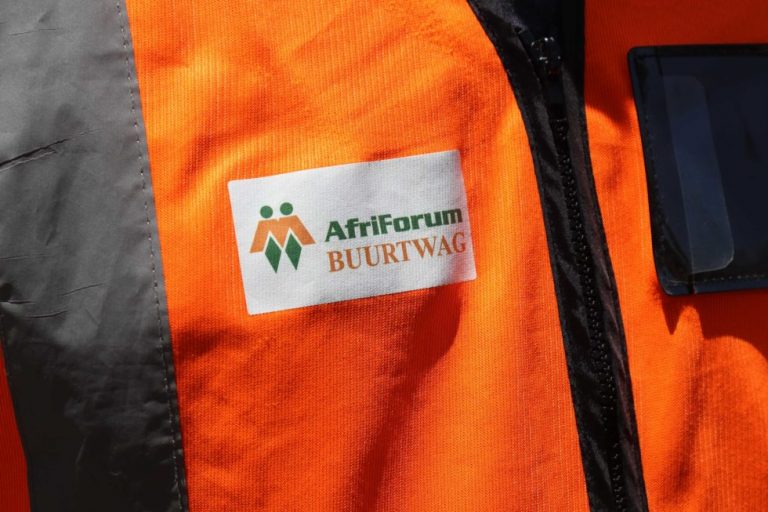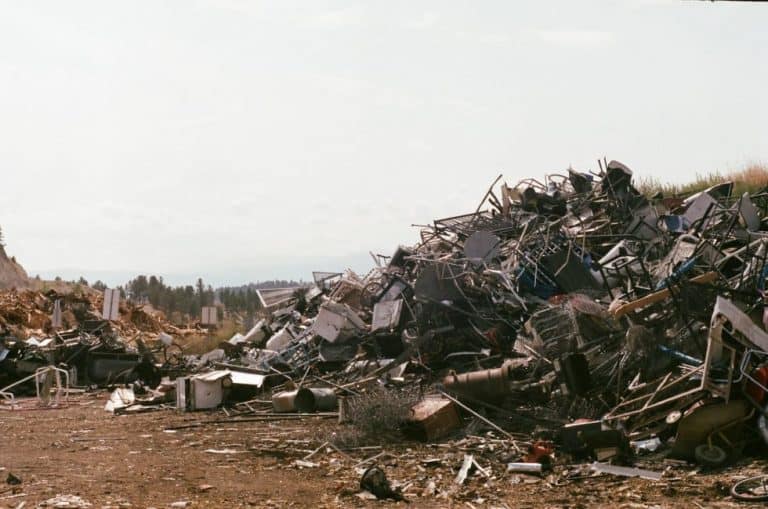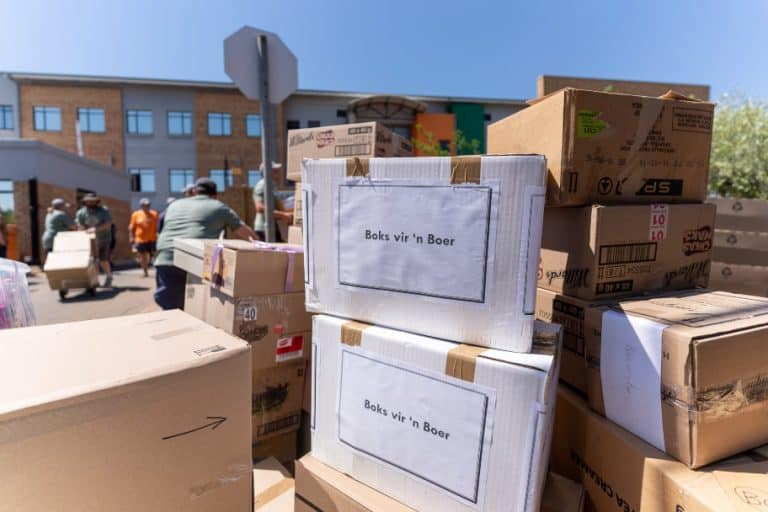AfriForum exposes decay of state-owned enterprises in report to UN, warns of potential total collapse
The civil rights organisation AfriForum submitted a comprehensive report to the United Nations’ (UN) Human Rights Council (HRC) today about the extensive decline of state-owned enterprises (SOEs) and the devastating impact it has on service delivery in South Africa. In the report AfriForum, among other things, reiterated the persistent underperformance of many of the country’s SOEs and warns that in some cases they are dangerously close to collapse.
This submission forms part of a request for input on advancing human rights and the UN’s Sustainable Development Goals (SDGs) through transparent, accountable and efficient public service delivery.
The report highlights many of the challenges that have been hampering SOEs for the past almost 20 years, such as corruption, mismanagement, political interference and state capture. Furthermore, the report also points to the impact the declining SOEs has on essential service delivery and the nationwide ripple effect it has on various sectors. It also underscores the urgency in addressing the demise of these enterprises.
In its report AfriForum proposes comprehensive reforms, competency transformation, promotion of competition, an increase in public-private partnerships and active citizenry. According to the report, South Africa requires a strong legal framework to promote good governance in eliminating corruption and promoting competence over political patronage. By creating a competitive environment free from bureaucratic regulations, investors will be more eager to enter the economic market ensuring the economic growth the country desperately needs, AfriForum declares.
Charné Mostert, Campaign Officer at AfriForum, says: “AfriForum uses its status as member of the UN’s Economics and Social Council as a platform to inform the international community about the state of affairs in South Africa. It is time for the UN to take note of the extent to which the decline of state-owned enterprises has impacted service delivery in South Africa. AfriForum will continue its local and international efforts in advocating transparency and thereby ultimately also ensuring a free and prosperous future for all South Africans.”
“Together with other civil society organisations, AfriForum will hold the government accountable for their mismanagement of SOEs. These enterprises are currently unable to deliver many of the country’s vital services, yet taxpayers must still bear the brunt of these failing entities. Citizens cannot continuously pay for the mistakes made by the ANC-led government,” concludes Mostert.











